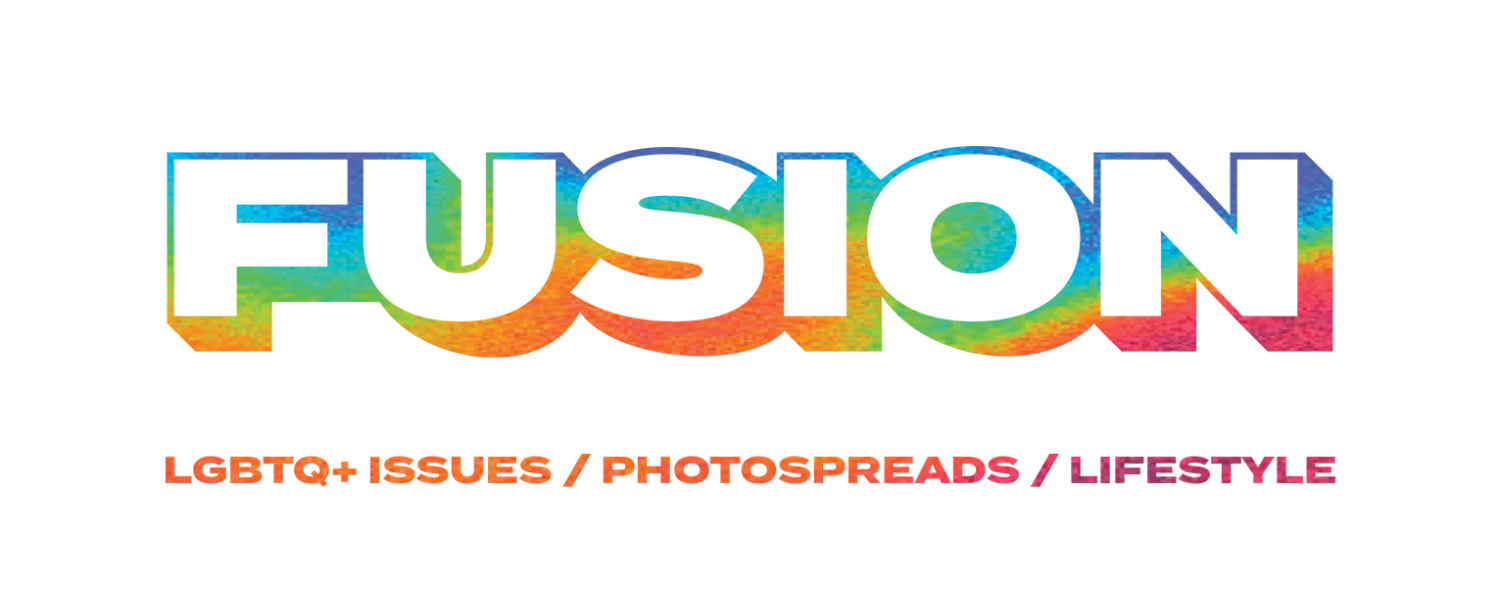Different directions, but ideas that resonate

By Robert Checkal
Relevancy is in the eye of the beholder, but at the time some of these plays were hitting the big screen, they were desensitizing American culture to the reality of an openly gay sub-culture. While putting its best foot forward, gay culture did eventually emerge to become what it is today — out and open. The civil rights movement is still a battle, but a shift in the way gay culture is accepted now as opposed to how it used to be is indisputable. Another shift came as each of these plays became big-screen movies. While some movies emphasized eccentricities that have led to some of today’s misconceptions in the culture, they all depict all angles in which the gay culture exists. And because of that, they’re all still relevant today.
‘Angels in America’
1990/1992 play by Tony Kushner,
2003 TV movie directed by Mike Nichols
This six-hour HBO made-for-TV movie showcases the reality of the HIV/AIDS epidemic as it strikes two characters in the mid-80s during the Reagan administration’s quiet response to the outbreak. The movie also introduces the viewer to an endearing ensemble and follows characters as they discover their fate at the turn of the century in a post-modern America. The HIV/AIDS epidemic of the 80s has grown into a pandemic as more than 33.2 million people live with the virus worldwide, according to UNAIDS and the World Health Organization. The highest proportion of infected Americans are still men who have sex with men. This movie purposefully exposes the painful loss, loneliness and unpleasant life that can be the less obvious side effects of the virus.
‘Bent’
1979 play by Martin Sherman,
1997 movie directed by Sean Mathias
Before Clive Owen was action star Clive Owen, he was gay Clive Owen — or at least his character, Max, was. The film’s opening showcases an openly gay utopia in Berlin, just before the Nazi regime came to reign in the early 30s. Max spends a few days with an openly gay soldier just before orders come to kill him. Max goes into hiding, gets caught by the Gestapo and is immediately placed on a train heading for a concentration camp. He denies his sexuality, believing the pink triangle to be the lowest of the low, and instead wears a yellow star. Over time, he falls in love in the camp and ultimately has to choose between allowing himself to be in love and risking death or attempting to make it through the Holocaust. The movie displays a fictional character’s struggle throughout his encounter with extreme oppression, but that struggle is one that resides in any gay person living in modern America — a group of people granted seemingly fewer and fewer rights as their heterosexual counterparts.
‘The Boys in the Band’
1968 play by Mart Crowley,
1970 movie directed by William Friedkin
The film follows a group of gay friends as they meet up at Michael’s New York City apartment to celebrate their friend Harold’s birthday. Just before the party starts, Alan, Michael’s old college roommate, places a frantic call to Michael, saying he urgently needs to see him. Alan shows up just as the cast begins to dance together. He meets each friend, and then Harold’s birthday present from Emory, an abundantly flamboyant interior designer, shows up: a young, blond, muscular male escort. A fight between Alan and Emory ensues, and finally Harold shows up to the party. Ultimately, the night boils down to a game in which Michael tries to expose Alan as a homosexual, but that assumption seems to be wrong . . . or is it? The movie seems to serve as a vehicle to introduce the importance of a close group of friends in gay culture to the masses. Though this was a top-of-the-line production in its day, the personalities in the movie are no longer unexposed and understated.
‘Torch Song Trilogy’
1978 play by Harvey Fierstein,
1988 movie directed by Paul Bogart
The word trilogy in the title refers to three key pieces in the life of Arnold, who is first introduced as a drag queen. He falls in love with a schoolteacher named Ed, but ultimately Ed is uncomfortable with his sexuality and leaves Arnold for a woman. Arnold meets his true love, Alan, and they move in together. The two apply to become foster parents with an option to adopt, and they’re accepted. They move to a larger apartment, and Alan is attacked and killed on the first night. Arnold’s mother comes to visit from Florida, and a series of arguments ensue as unresolved issues come to light. Ultimately, Arnold adopts a son and creates his own stage revue, completing the trilogy of his life. Bisexuality, gay adoption and hate crimes are all issues dealt with explicitly in the movie, and all three issues are still hot buttons today.
(This article originally appeared in the Winter 2009-10 print edition.)
